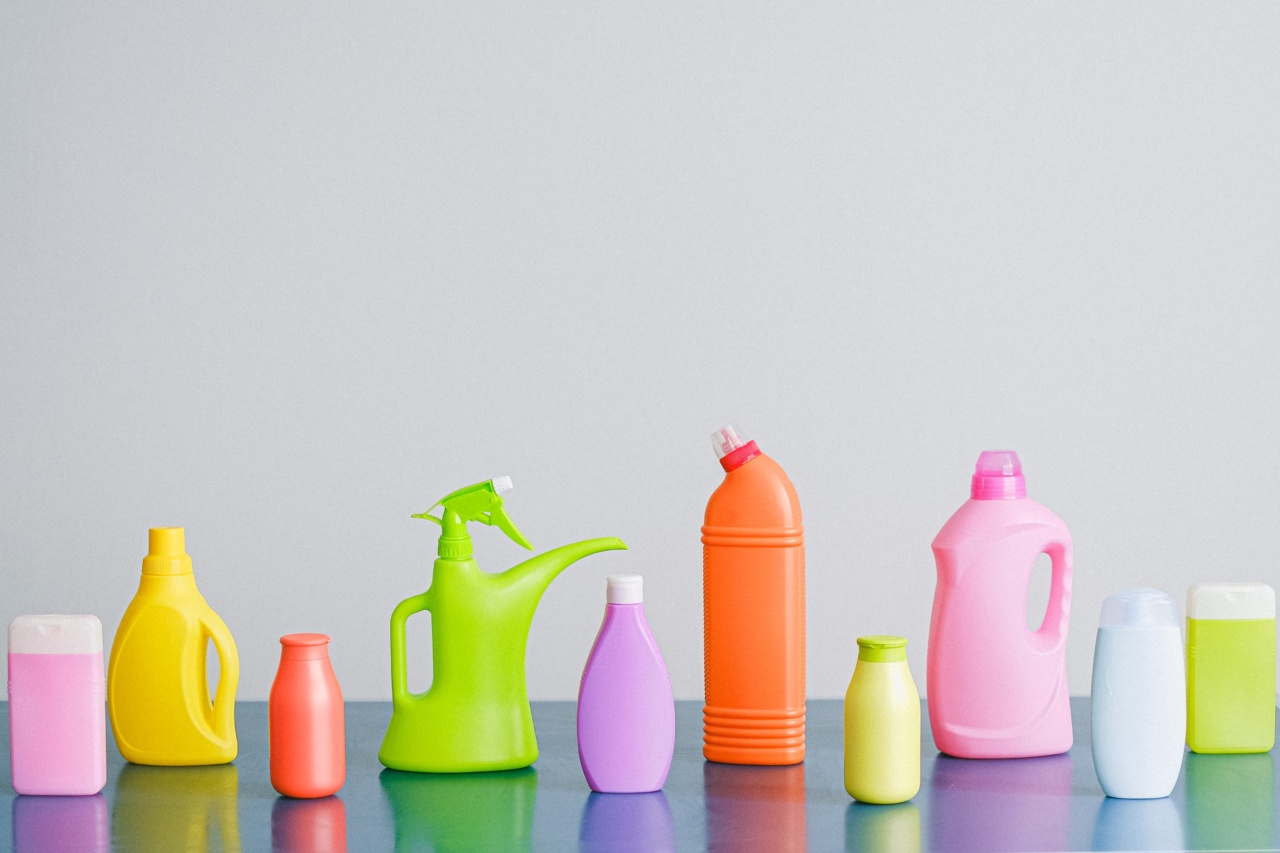Antibacterial soaps have become increasingly popular over the years, promoted as a way to keep harmful bacteria at bay and protect against illnesses.
However, recent studies have suggested a potential link between the use of these soaps during pregnancy and an increased risk of complications. This article explores the research and discusses the possible effects of antibacterial soaps on pregnancy.
The Rise of Antibacterial Soaps
Antibacterial soaps were introduced to the market in the 1960s and gained widespread popularity as consumers became more concerned about germs and cleanliness.
These soaps contain chemicals, such as triclosan and triclocarban, which are intended to kill or inhibit the growth of bacteria.
Proponents of antibacterial soaps argue that they are essential for preventing the spread of infectious diseases and maintaining good hygiene. Manufacturers also claim that these soaps are more effective than regular soaps in eliminating bacteria.
The Potential Dangers of Antibacterial Soaps
While antibacterial soaps may offer some benefits in certain situations, concerns have been raised about their long-term use and potential side effects. One major concern is the development of antibiotic resistance.
Regular use of antibacterial soaps may contribute to the growth of drug-resistant bacteria, making it harder to treat infections and putting public health at risk.
Moreover, research has suggested that the chemicals found in antibacterial soaps can have detrimental effects on our hormonal systems.
Studies have shown that triclosan and triclocarban can disrupt the endocrine system, which regulates hormone production and balance in the body.
Link to Pregnancy Complications
During pregnancy, maintaining a healthy hormonal balance is crucial for the well-being of both the mother and the developing fetus. Any disruption to this delicate system can potentially lead to complications.
Researchers have started investigating the possible link between the use of antibacterial soaps during pregnancy and an increased risk of adverse outcomes.
A study published in the Journal of Obstetrics and Gynecology found that pregnant women who used antibacterial soaps frequently had a higher risk of developing such complications as preterm birth, low birth weight, and preeclampsia.
The study, conducted on a large cohort of pregnant women, revealed a correlation between high exposure to antibacterial soaps and negative pregnancy outcomes.
Although further research is needed to establish a definitive causal relationship, these findings raise concerns about the potential harm that antibacterial soaps may pose to pregnant women and their babies.
Possible Mechanisms of Harm
So how exactly do antibacterial soaps contribute to pregnancy complications? Although the exact mechanisms are not fully understood, researchers have proposed several hypotheses.
Endocrine Disruption
As mentioned earlier, triclosan and triclocarban, the active ingredients in antibacterial soaps, have been found to disrupt the endocrine system.
Hormonal imbalances caused by these chemicals during pregnancy could potentially lead to complications such as preterm birth and preeclampsia.
Alteration of the Microbiome
Our bodies are home to trillions of bacteria that make up the human microbiome. These bacteria play a crucial role in maintaining our health, including supporting our immune system and aiding digestion.
Antibacterial soaps not only kill harmful bacteria but also indiscriminately eliminate beneficial bacteria.
Disrupting the delicate balance of the microbiome during pregnancy may have adverse effects on maternal health and fetal development.
Some researchers hypothesize that alterations to the microbiome could contribute to complications like preterm birth and low birth weight.
Allergic Reactions
Antibacterial soaps often contain fragrances and other additives that can trigger allergic reactions in individuals with sensitivities. Allergic reactions during pregnancy can lead to inflammation and potentially contribute to pregnancy complications.
Alternatives to Antibacterial Soaps
Considering the potential risks associated with antibacterial soaps, it may be wise for pregnant women to explore alternative hygiene practices.
Firstly, using regular soap and water is usually sufficient for good personal hygiene.
Thoroughly washing hands with soap and warm water for at least 20 seconds before and after handling food, using the bathroom, or caring for a sick individual can effectively reduce the risk of infection.
Moreover, practicing good overall hygiene, such as regularly cleaning and disinfecting frequently touched surfaces and avoiding close contact with sick individuals, can also help prevent the spread of bacteria and viruses.
Conclusion
While the convenience and perceived benefits of antibacterial soaps are appealing, it is crucial to consider the potential risks, especially for pregnant women.
The link between the use of these soaps during pregnancy and complications such as preterm birth and low birth weight is concerning.
Although further research is needed to fully understand the mechanisms and establish a definitive link, it may be prudent for pregnant women to opt for safer alternatives and practice good overall hygiene.
By prioritizing the health and well-being of both themselves and their unborn child, expectant mothers can make informed choices when it comes to personal care products.




























